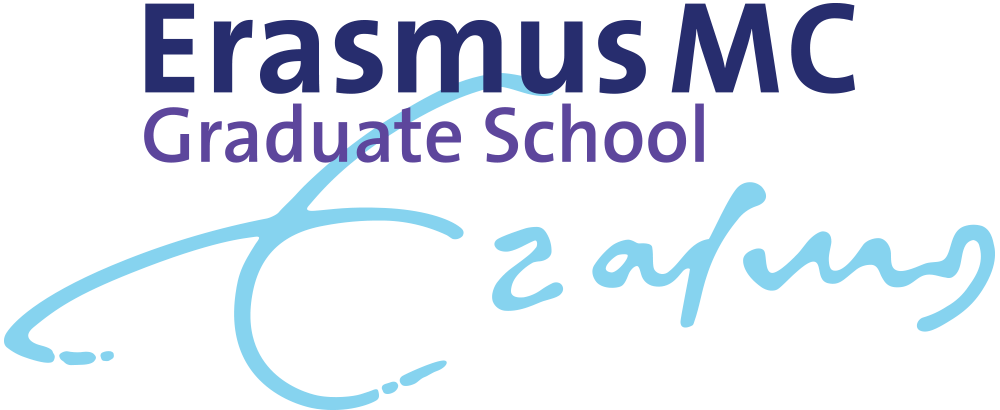Medical Informatics
The objective of the Medical Informatics department is to create and validate the knowledge and data models that are used within healthcare and the biomedical sciences. In as far as these models have signals or images of specific organs as their input, signal analysis and image processing are also involved.
The department has three research programmes:
Structuring of medical knowledge
This research deals with the formalization of medical knowledge so that such knowledge can be made operational in computer systems. Knowledge is provided by experts or is described in journals and books, and through the semi-automatic extraction of knowledge from databases, patents, and electronic health records. Attention is paid to automated learning techniques for modelling medical knowledge, tailored to specific problems in the medical domain. The research results are tested in close collaboration with other investigators and clinical partners.
Structuring of medical data
Researchers working in this programme study methodologies that make it possible to effectively record data. The scientific challenge is to formulate generic models that are applicable to different medical specialties. Together with other researchers, those working in this department analyse observational databases and study issues involved in naturalistic trials. With researchers in other countries, the researchers develop infrastructure that supports the aggregation of medical data across a number of countries.
Developing acquisition and processing techniques for diagnostic imaging
The objective of this programme is to develop and implement novel biomedical image acquisition and analysis technologies, which will improve biomedical research and help detect and diagnose disease and plan therapies. Another aim is to develop tools to monitor the effects of therapy, and to provide solutions for minimally invasive, image-guided procedures. The programme is a joint initiative with the Department of Radiology.
The department has six main research themes: cardiovascular image analysis, image-guided interventions, image registration, model-based image analysis, neuro-image analysis, and cellular and molecular image analysis.
For more information, faculty member profiles, and publications, visit the Medical Informatics website

